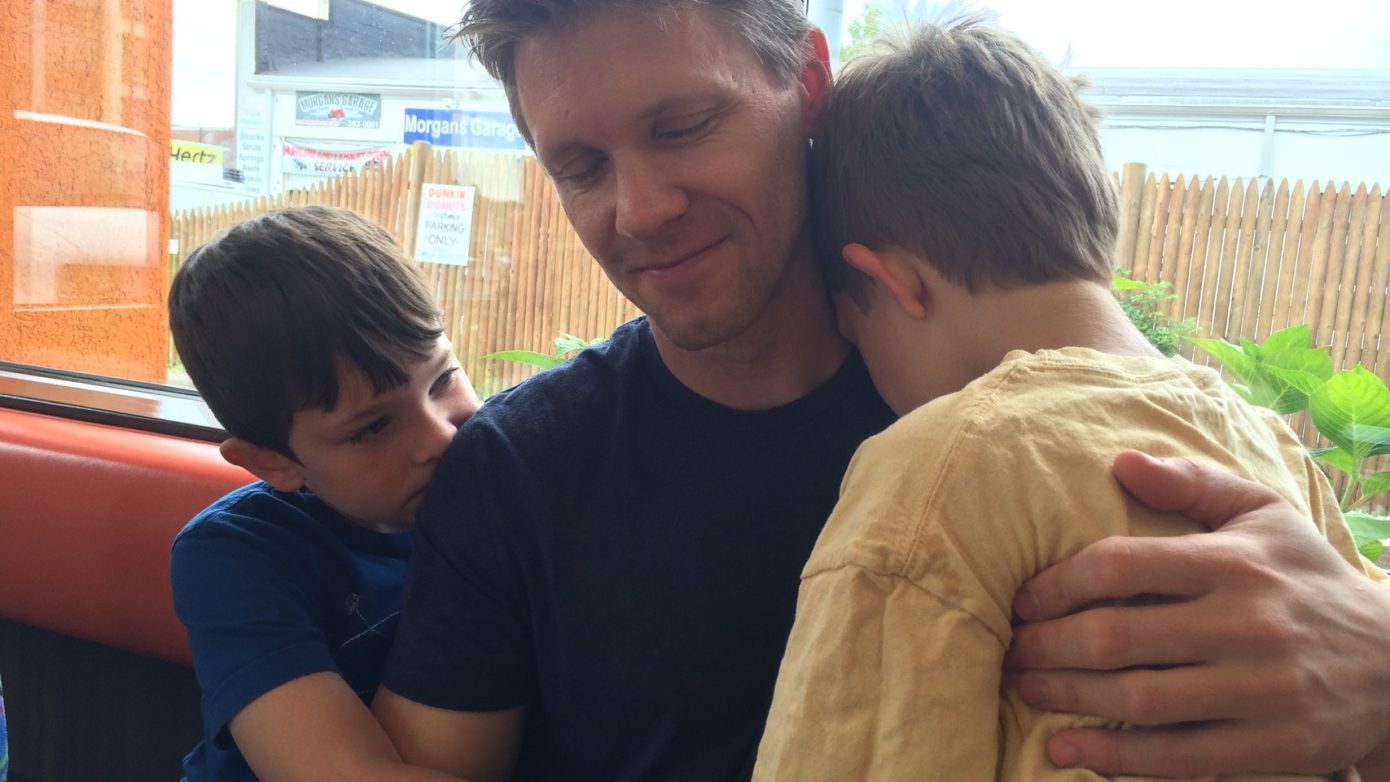I recently wrote a friend of mine a letter. You know, the old-fashioned way, with a pen and paper?
It occurred to me on page two, about the time that my hand was killing me… that my penmanship was terrible. Well, no, that isn’t exactly what was going through my head. What hit me was how lost an art it truly has become, writing a letter by hand.
Words scrawled on a paper stating how much you miss someone. Receiving a letter that smells like perfume from the woman that wrote it. Newspaper letters cut out neatly to create a ransom note stating that.. wait, what? No, no, no – I’m talking about handwritten letters.
Aside from the casual birthday card, I cannot remember the last time that I got a handwritten letter. We have grown so accustomed to instant email, the instant text or phone calls, that a lot of us have lost touch with that ancient art of writing a letter to someone.
There is something tangible, something real – that comes from that handwritten letter. Holding that piece of paper and knowing that it came from someone else. The other person physically held that paper and took the time to scribble a message on it in their own hand-script. That hand-writing defines a unique person. The font that cannot be duplicated.
I can remember as a child, writing another child who lived in Scotland as a ‘pen pal’ through a program that our school offered. It was amazing, to know that this boy four thousand miles away had actually written on the paper that I held in my hand and had mailed that letter to me.
I raise a question to you; When was the last time you wrote a letter to someone? For that matter, when was the last time you received one?
So, I challenge you! Write me a letter. It doesn’t have to be anything fancy or long (I mean, make it at least a paragraph… Hopefully, I’m worth that much effort). And I will write you back. I can’t promise you a long letter back or that my writing will be legible, but I promise I will put thought into it.
Jason Stadtlander
P.O. Box 434
Swampscott, MA 01907
United States of America
Let’s see how many of you are willing to stand up to the challenge!



 For those of you who do not know, I have two children of my own, and I can say without thinking about it, I would kill to protect them. When I am gone from this world, all that will remain of me will be the words I leave behind and my children. Although I hope my writing endures, my children are paramount in all that I do, see, breathe and speak.
For those of you who do not know, I have two children of my own, and I can say without thinking about it, I would kill to protect them. When I am gone from this world, all that will remain of me will be the words I leave behind and my children. Although I hope my writing endures, my children are paramount in all that I do, see, breathe and speak. We live in an age of over-stimulation, an age of instant information, social media and media overload. These access points are constantly trying to change our perspective on the world around us. Worse, they are trying to change the perspective of our children, parents be damned.
We live in an age of over-stimulation, an age of instant information, social media and media overload. These access points are constantly trying to change our perspective on the world around us. Worse, they are trying to change the perspective of our children, parents be damned.
 No Right to Write
No Right to Write Creativity Begets Solution
Creativity Begets Solution